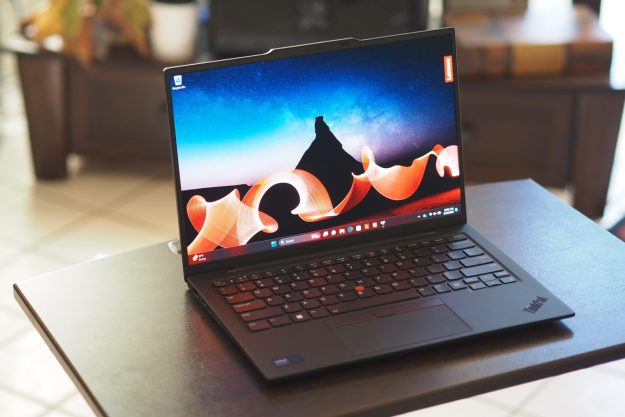 You might have better luck parking your brand new Honda Civic in Seattle and actually finding it when you come back than in Newark, New Jersey, or better luck walking to the corner store without getting stabbed than in Detroit, but when it comes to cybercrime, the Emerald City is apparently as bad as it gets.
You might have better luck parking your brand new Honda Civic in Seattle and actually finding it when you come back than in Newark, New Jersey, or better luck walking to the corner store without getting stabbed than in Detroit, but when it comes to cybercrime, the Emerald City is apparently as bad as it gets.
On Monday, Symantec published a list of the top 10 riskiest cities for cybercrime, with Seattle coming in first, followed by Boston, Washington D.C., San Francisco and Raleigh, North Carolina.
- Seattle
- Boston
- Washington, D.C.
- San Francisco
- Raleigh, N.C.
- Atlanta
- Minneapolis
- Denver
- Austin, Texas
- Portland, Ore.
The company teamed up with Sperling’s BestPlaces and used data reported by its own antivirus software to rank the cities. Key factors included the total number of cyberattacks and infections, as well as behavior that could expose people to crime on the Web, like online shopping and banking.
According to Symantec, Seattle ranked high in every category, earning it a score more than 10 points higher than the next closest competitor. For instance, more Seattle residents use the Web to check their banks accounts and pay bills than any of the other 50 cities ranked.
Some factors Web-savvy citizens typically appreciate – like access to Wi-Fi hotspots – actually count against cities on Symantec’s report, because of the vulnerability they open up for security loopholes. San Francisco’s crown for highest number of Wi-Fi hotspots per capita actually worked against it in this case to help earn it that number four spot.
Of the other cities, Boston was notable for its high number of spam zombies, Washington D.C. saw plenty of cybercrime, and Portland was dinged for risky online behavior along with plentiful Wi-Fi hotspots and a soft spot for Internet auctions.
Ironically enough, a top finisher in traditional crime surveys – Detroit – came in at the very bottom of Symantec’s list, at number 50.


